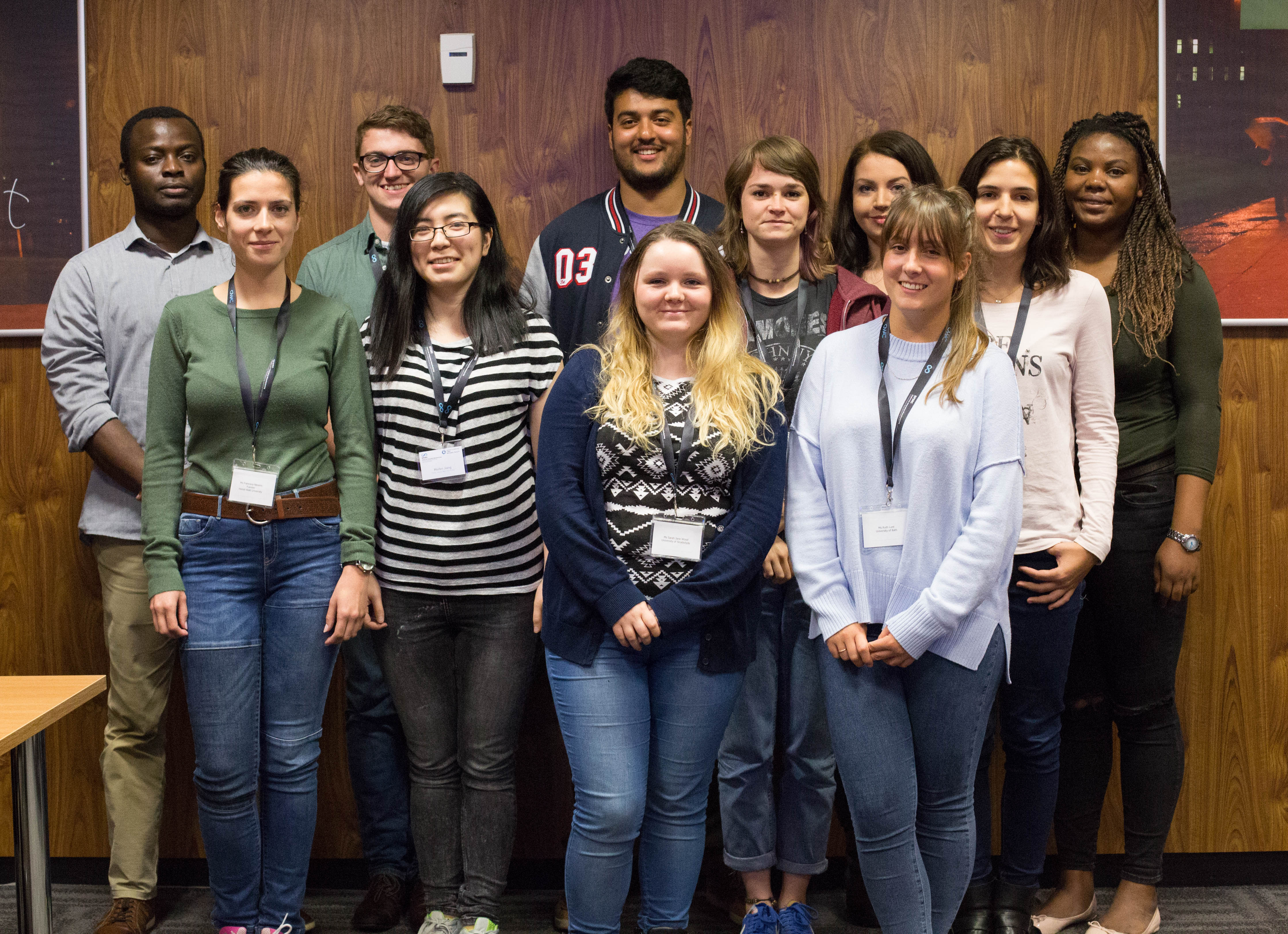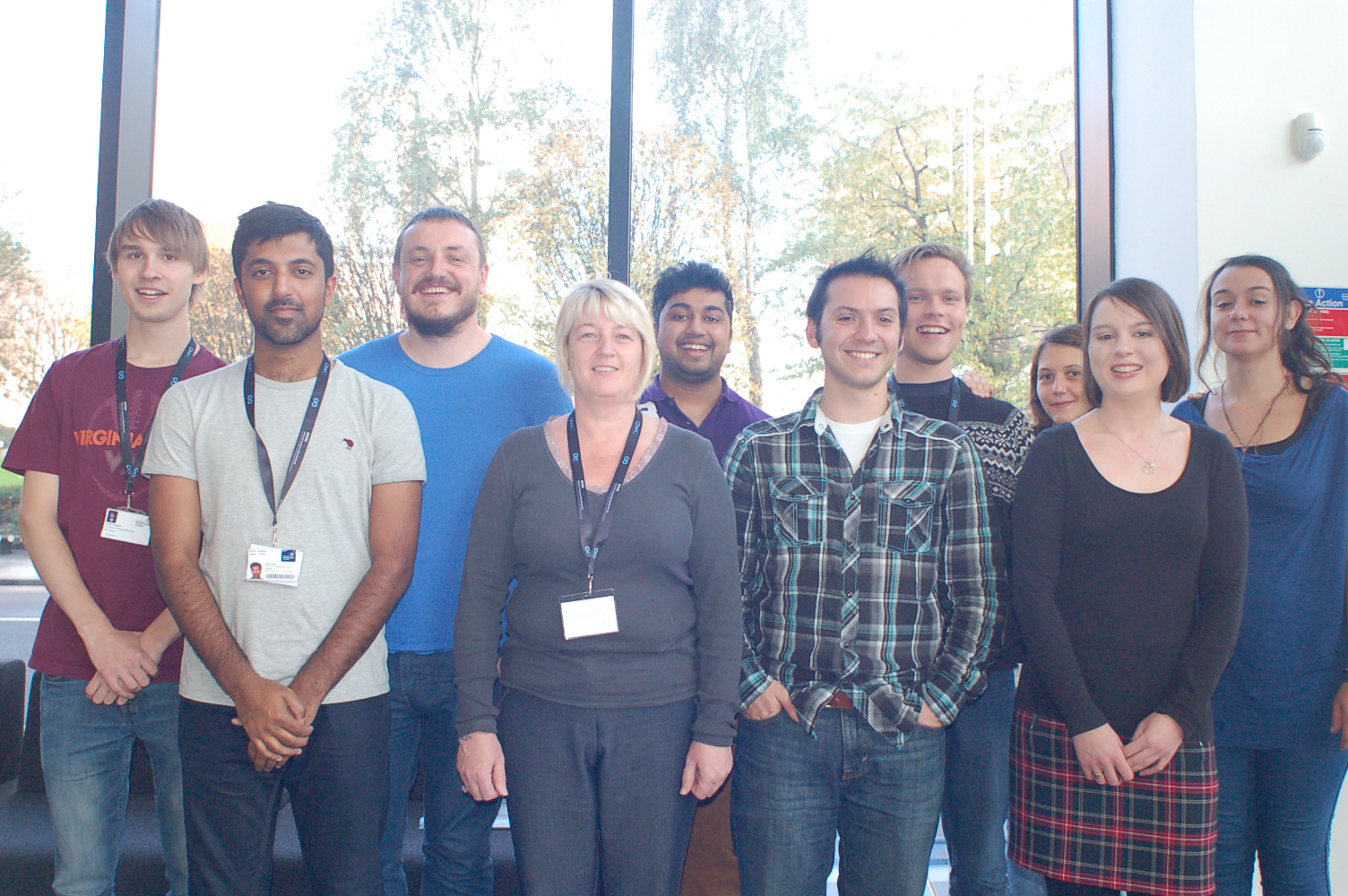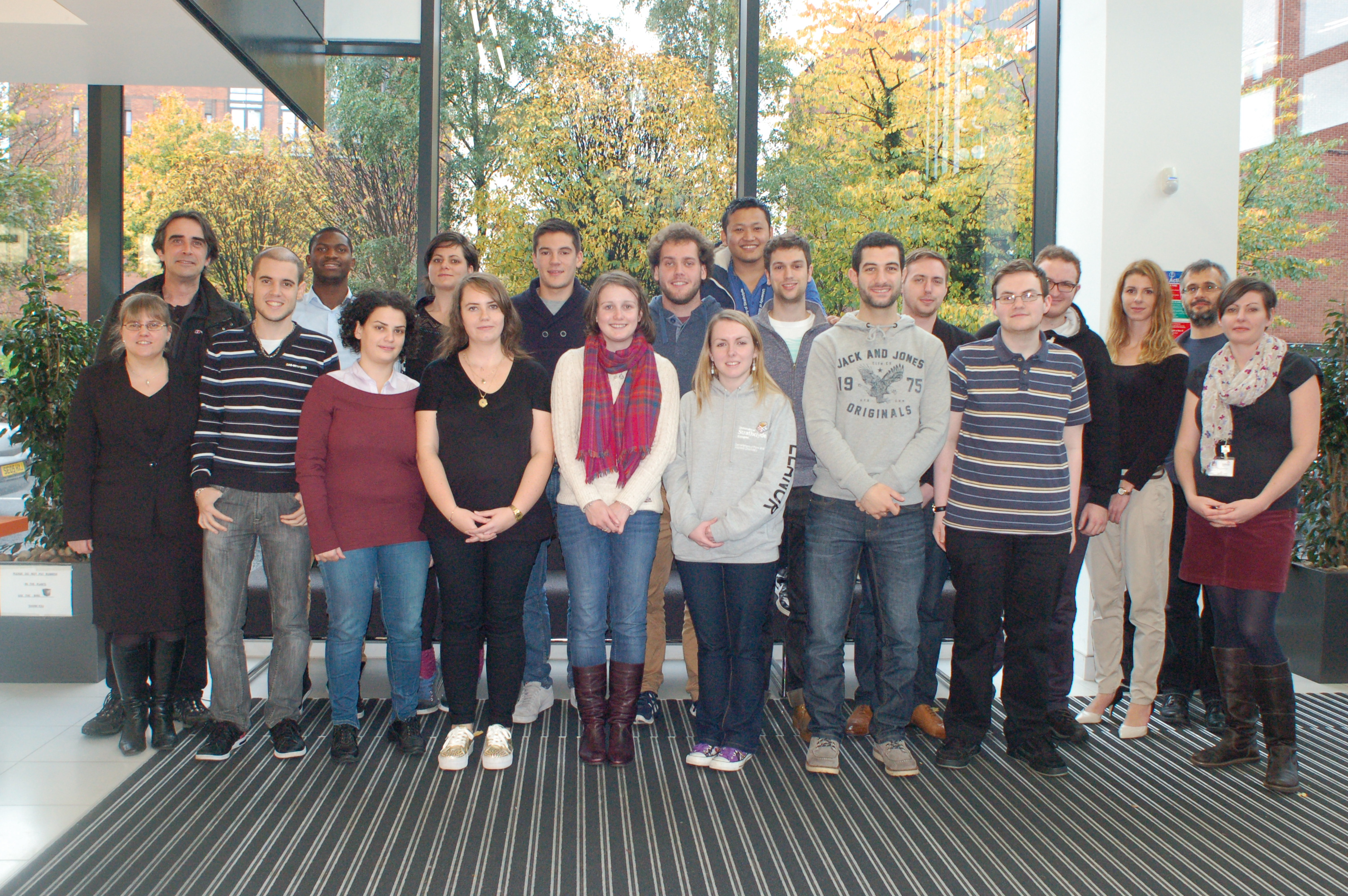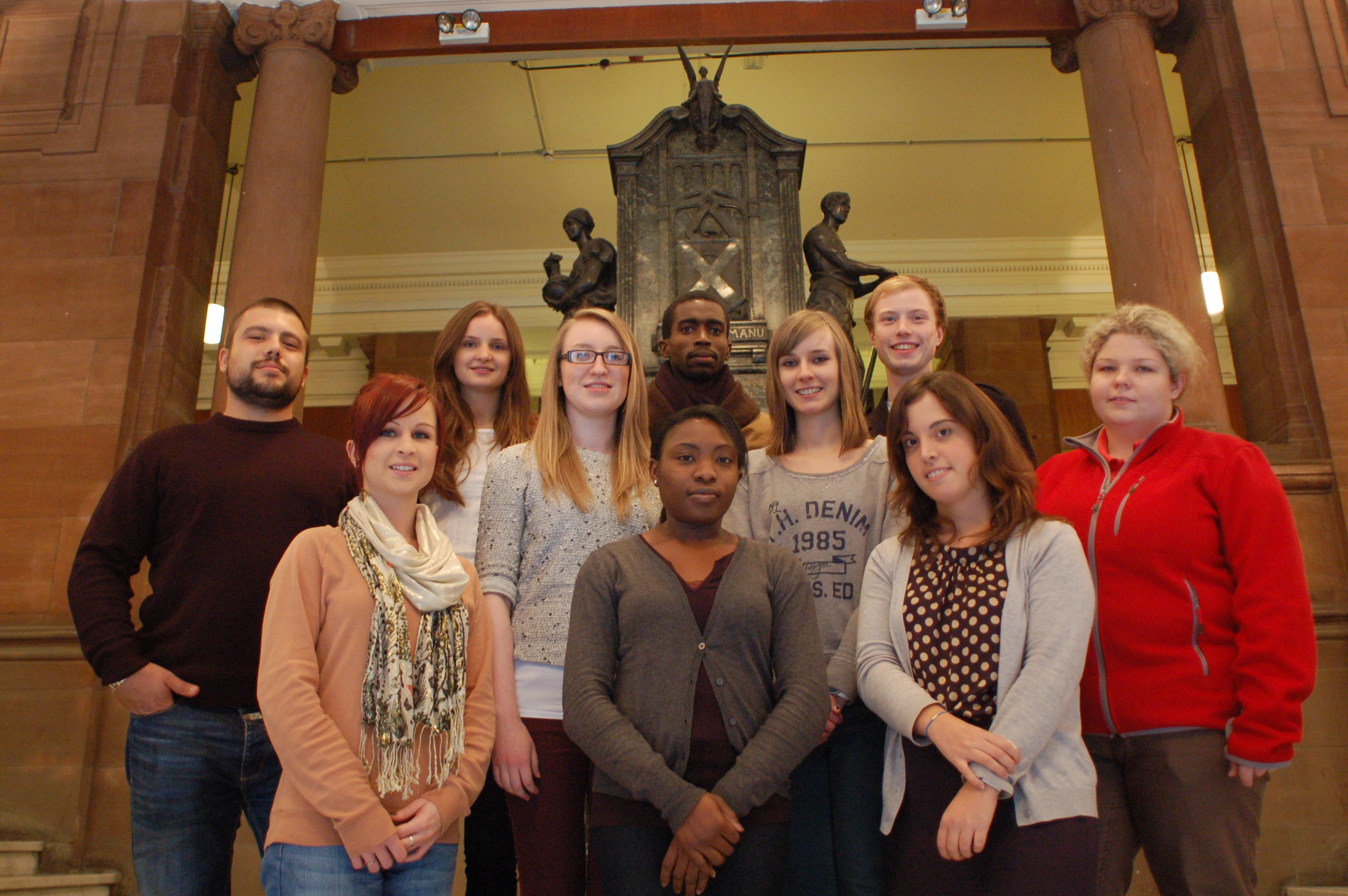Research Associates
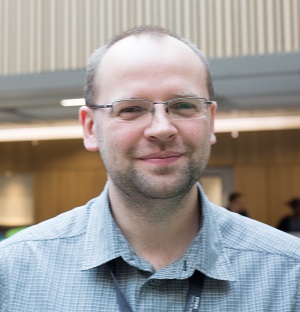 |
Cameron Brown |
 |
Tomás Harrington |
 |
Muhammad Tariq Islam |
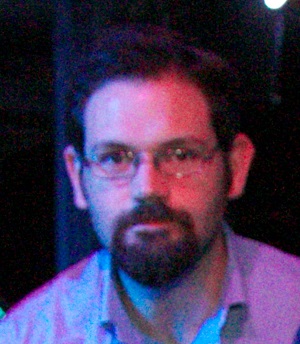 |
Pól MacFhionnghaileSupervisor: Professor Jan Sefcik Home University: University of Strathclyde Title of project: Continuous nucleation and seed generation Project outline: The research of this project is focused on using novel techniques in particle engineering using continuous methods. Antisolvent and reaction crystallisations are analysed using new technologies giving a better understanding in these processes. My own interests include in-situ and offline spectroscopy, and using antisolvent and reaction crystallisation to investigate different solid states of a compound, and to produce particles of a designated particle size and shape.
Key words: Continuous crystallisation, nucleation
Email: pol.macfhionnghaile@strath.ac.uk |
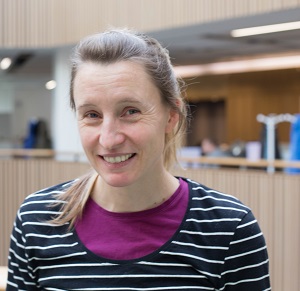 |
Elke PrasadSupervisor: Professor Gavin Halbert Home University: University of Strathclyde Title of project: Novel Pharmaceutical Processes for Formulation Control and Continuous Manufacture Project outline: Elke is currently employed as PDRA on the CEMAC Centre Phase II Research Programme, within which her focus is Secondary Processing. Elke’s previous positions were Pharmaceutical Project Manager at Biofilm Limited and Research Assistant (Formulation) at the Cancer Research UK Formulation Unit. Elke has a PhD in Pharmaceutical Sciences (University of Strathclyde) and is also a registered Pharmacist in Great Britain and Germany.
Key words: Secondary Processing, FormulationEmail: elke.prasad@strath.ac.uk |
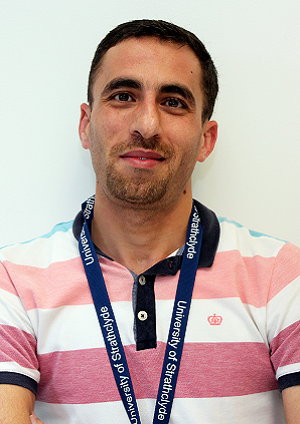 |
Nazer RajoubSupervisor: Professor Alastair Florence Home University: University of Strathclyde Title of project: Proprietary Projects with Generic Learning for Application to Workflows Project outline: TBC Key words: Email: nazer.rajoub@strath.ac.uk |
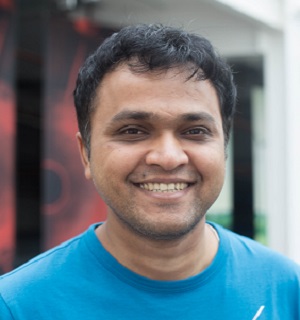 |
Vijay SrirambhatlaSupervisor: Professor Alastair Florence Home University: University of Strathclyde Title of project: Control and Prediction of the Organic Solid State (CPOSS) Project outline: The project aims at developing experimetal methods for the crystallisation and scale-up of computationally predicted polymorphic forms of organic compounds leading to fundamental understanding of the surface feaures that promote crystal nucleation and growth.
Key words: Polymorphs; Crystal structure prediction; Experimental screening and analysis.Email: vijay.srirambhatla@strath.ac.uk |
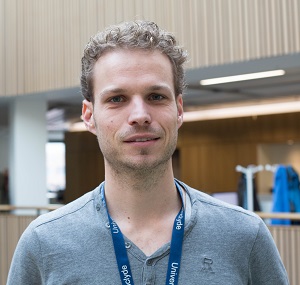 |
Réne SteendamSupervisor: Professor Joop Ter Horst Home University: University of Strathclyde Title of project: Continuous synthesis of enantiopure crystals Project outline: Chiral molecules come in two forms which are eachother mirror-image. Often only one form is needed. Some batch approaches, based on crystallisation, have already proven to be effective in converting all molecules in only one form. In this project, we are exploring the possibilities to adopt these methods in a continuous approach.
Key words: Chirality, nucleation, continuous crystallisation, synthesisEmail: rene.steendam@strath.ac.uk |
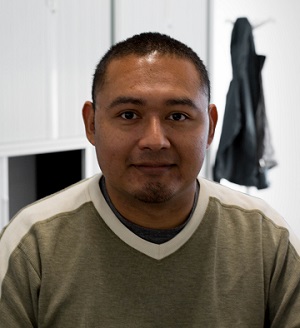 |
Joaquin UrbinaSupervisor: Professor Alastair FlorenceHome University: University of StrathclydeTitle of project: Predictive Assessment of Stability of Amorphous API Solid Solutions Project outline: Although crystalline drug molecules are physically stable, they frequently suffer from poor aqueous solubility and bioavailability. One way to overcome this challenge is to convert them to the amorphous state. However, the amorphous phase is unstable and tends to revert to the crystalline phase. The physical stability of an amorphous drug can be increased by using a suitable polymer to form an amorphous API solid solution, in which the amorphous drug is molecularly dispersed within the polymer matrix. The aim of this project is to establish a workflow to predict the physical stability of amorphous API solid solutions against drug crystallization using pair distribution function (PDF) analysis as the principal characterization tool, since this emerging analytical technique has been demonstrated to detect subtle changes in local molecular order. It is thus expected that PDF analysis will be sensitive to these changes if an amorphous drug crystallizes from the solid solution over time when subjected to physical stress conditions.
Key words:Physical stability, amorphous API solid solution, PDF analysis, crystallization inhibitionEmail: joaquin.urbina@strath.ac.uk |
DTC Students
